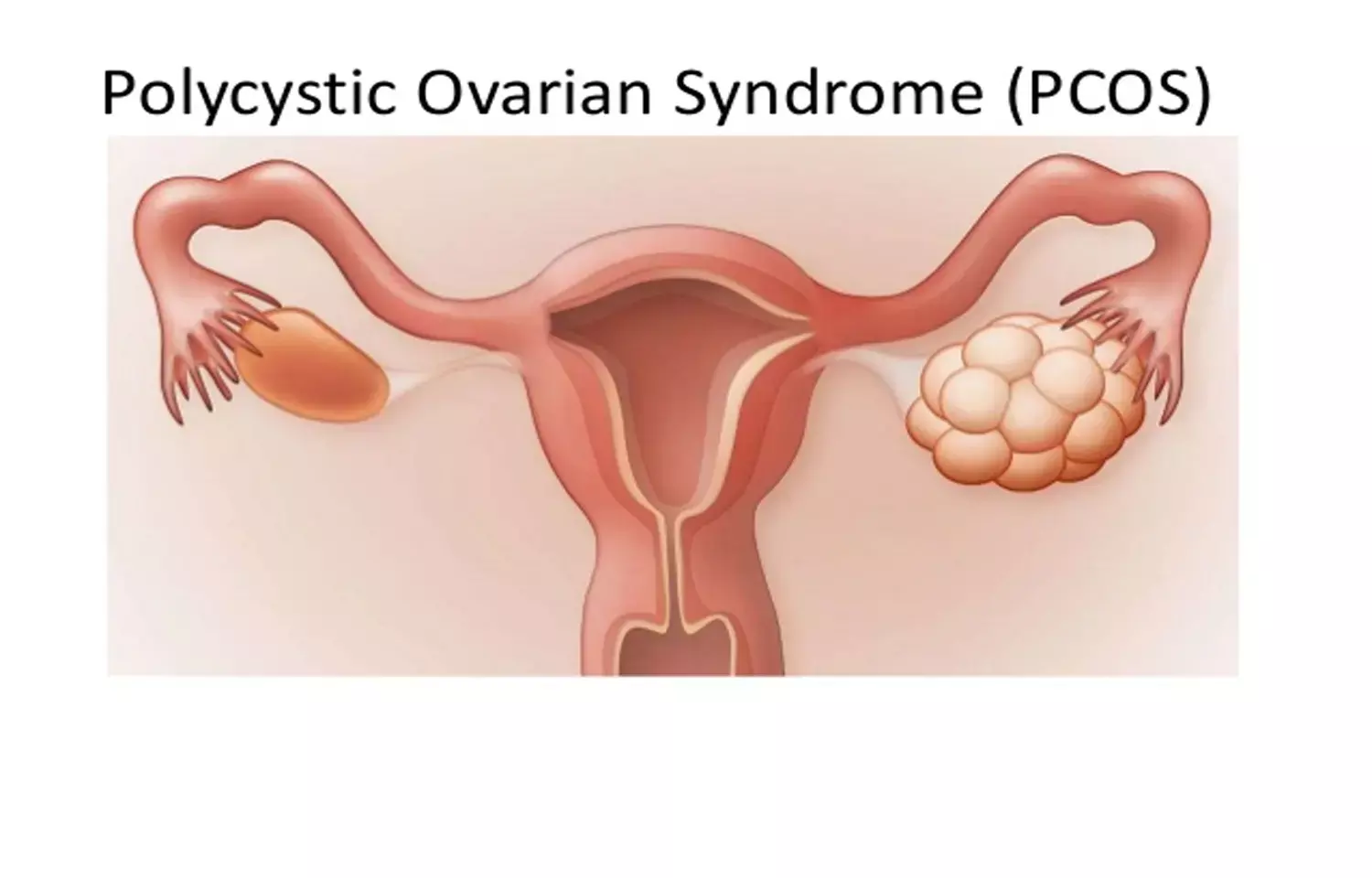- Home
- Medical news & Guidelines
- Anesthesiology
- Cardiology and CTVS
- Critical Care
- Dentistry
- Dermatology
- Diabetes and Endocrinology
- ENT
- Gastroenterology
- Medicine
- Nephrology
- Neurology
- Obstretics-Gynaecology
- Oncology
- Ophthalmology
- Orthopaedics
- Pediatrics-Neonatology
- Psychiatry
- Pulmonology
- Radiology
- Surgery
- Urology
- Laboratory Medicine
- Diet
- Nursing
- Paramedical
- Physiotherapy
- Health news
- Fact Check
- Bone Health Fact Check
- Brain Health Fact Check
- Cancer Related Fact Check
- Child Care Fact Check
- Dental and oral health fact check
- Diabetes and metabolic health fact check
- Diet and Nutrition Fact Check
- Eye and ENT Care Fact Check
- Fitness fact check
- Gut health fact check
- Heart health fact check
- Kidney health fact check
- Medical education fact check
- Men's health fact check
- Respiratory fact check
- Skin and hair care fact check
- Vaccine and Immunization fact check
- Women's health fact check
- AYUSH
- State News
- Andaman and Nicobar Islands
- Andhra Pradesh
- Arunachal Pradesh
- Assam
- Bihar
- Chandigarh
- Chattisgarh
- Dadra and Nagar Haveli
- Daman and Diu
- Delhi
- Goa
- Gujarat
- Haryana
- Himachal Pradesh
- Jammu & Kashmir
- Jharkhand
- Karnataka
- Kerala
- Ladakh
- Lakshadweep
- Madhya Pradesh
- Maharashtra
- Manipur
- Meghalaya
- Mizoram
- Nagaland
- Odisha
- Puducherry
- Punjab
- Rajasthan
- Sikkim
- Tamil Nadu
- Telangana
- Tripura
- Uttar Pradesh
- Uttrakhand
- West Bengal
- Medical Education
- Industry
Inositol safe and non-inferior to Metformin for PCOS management

Hungary: A new study found that Inositol is safe, effective, and non-inferior to metformin in the management of the polycystic ovarian syndrome. The study results were published in the journal Reproductive Biology and Endocrinology.
Polycystic ovary syndrome (PCOS) is the most common endocrine disorder causing infertility. Insulin resistance plays a major role in the pathogenesis of PCOS. Metformin is commonly used to treat insulin resistance in polycystic ovary syndrome (PCOS), but gastrointestinal issues are the main side effects. Recent literature suggests that Inositol supplementations are potential alternatives to metformin due to fewer side effects. Hence researchers from Hungary conducted a systematic review and meta-analysis to evaluate the efficacy and safety of Inositol in treating PCOS.
Using a predefined search key and following the PRISMA 2020 guidelines, the present systematic search was performed in CENTRAL, MEDLINE, and Embase from the inception until October 20th, 2021. Any randomized controlled trials (RCTs) that included women diagnosed with PCOS and compared any inositols with metformin or placebo were considered eligible for the study. Cycle normalization was the primary outcome, whereas secondary outcomes were body mass index (BMI), parameters of carbohydrate metabolism, and clinical and laboratory hyperandrogenism. Results were reported as risk ratios or mean differences (MDs) with 95% confidence intervals (CIs).
Key findings:
- Twenty-six RCTs were identified with 1691 patients (806 inositols, 311 with placebo, and 509 metformin groups).
- A higher risk of having a regular menstrual cycle by 1.79 times was found than with a placebo in patients treated with inositols.
- Inositols were found to be non-inferior when compared to metformin.
- Inositol treatment was found to induce a greater decrease in BMI, free testosterone, total testosterone, androstenedione, glucose levels, and AUC insulin when compared to placebo.
- Inositol increased sex-hormone-binding globulin significantly compared to the placebo.
Thus, Inositols were found to be beneficial in all aspects, were non-inferior, and showed a promising alternative to PCOS.
Further reading: Greff D, Juhász AE, Váncsa S, et al. Inositol is an effective and safe treatment in polycystic ovary syndrome: a systematic review and meta-analysis of randomized controlled trials. Reprod Biol Endocrinol. 2023;21(1):10. Published 2023 Jan 26. doi: 10.1186/s12958-023-01055-z
BDS, MDS
Dr.Niharika Harsha B (BDS,MDS) completed her BDS from Govt Dental College, Hyderabad and MDS from Dr.NTR University of health sciences(Now Kaloji Rao University). She has 4 years of private dental practice and worked for 2 years as Consultant Oral Radiologist at a Dental Imaging Centre in Hyderabad. She worked as Research Assistant and scientific writer in the development of Oral Anti cancer screening device with her seniors. She has a deep intriguing wish in writing highly engaging, captivating and informative medical content for a wider audience. She can be contacted at editorial@medicaldialogues.in.
Dr Kamal Kant Kohli-MBBS, DTCD- a chest specialist with more than 30 years of practice and a flair for writing clinical articles, Dr Kamal Kant Kohli joined Medical Dialogues as a Chief Editor of Medical News. Besides writing articles, as an editor, he proofreads and verifies all the medical content published on Medical Dialogues including those coming from journals, studies,medical conferences,guidelines etc. Email: drkohli@medicaldialogues.in. Contact no. 011-43720751




